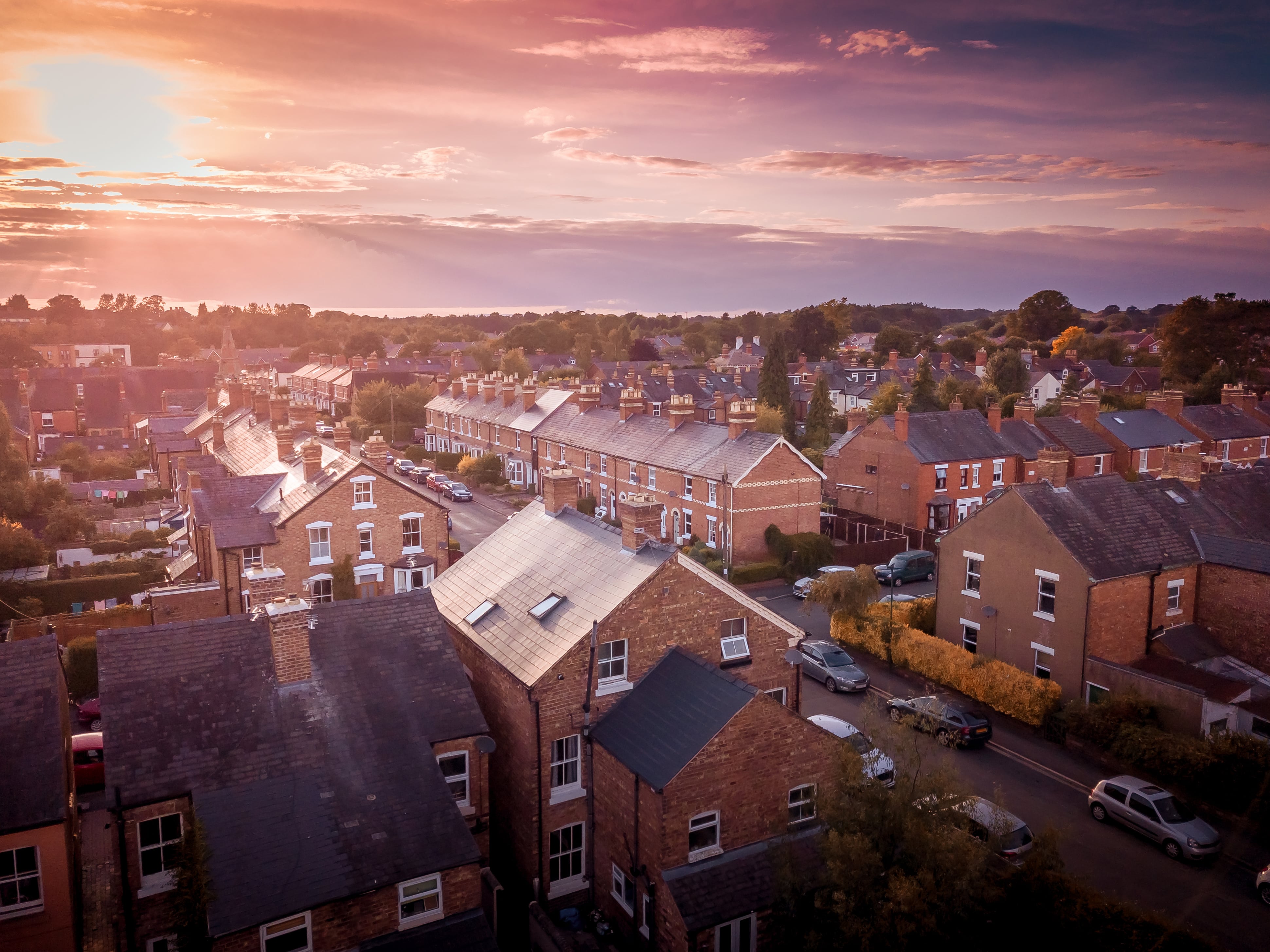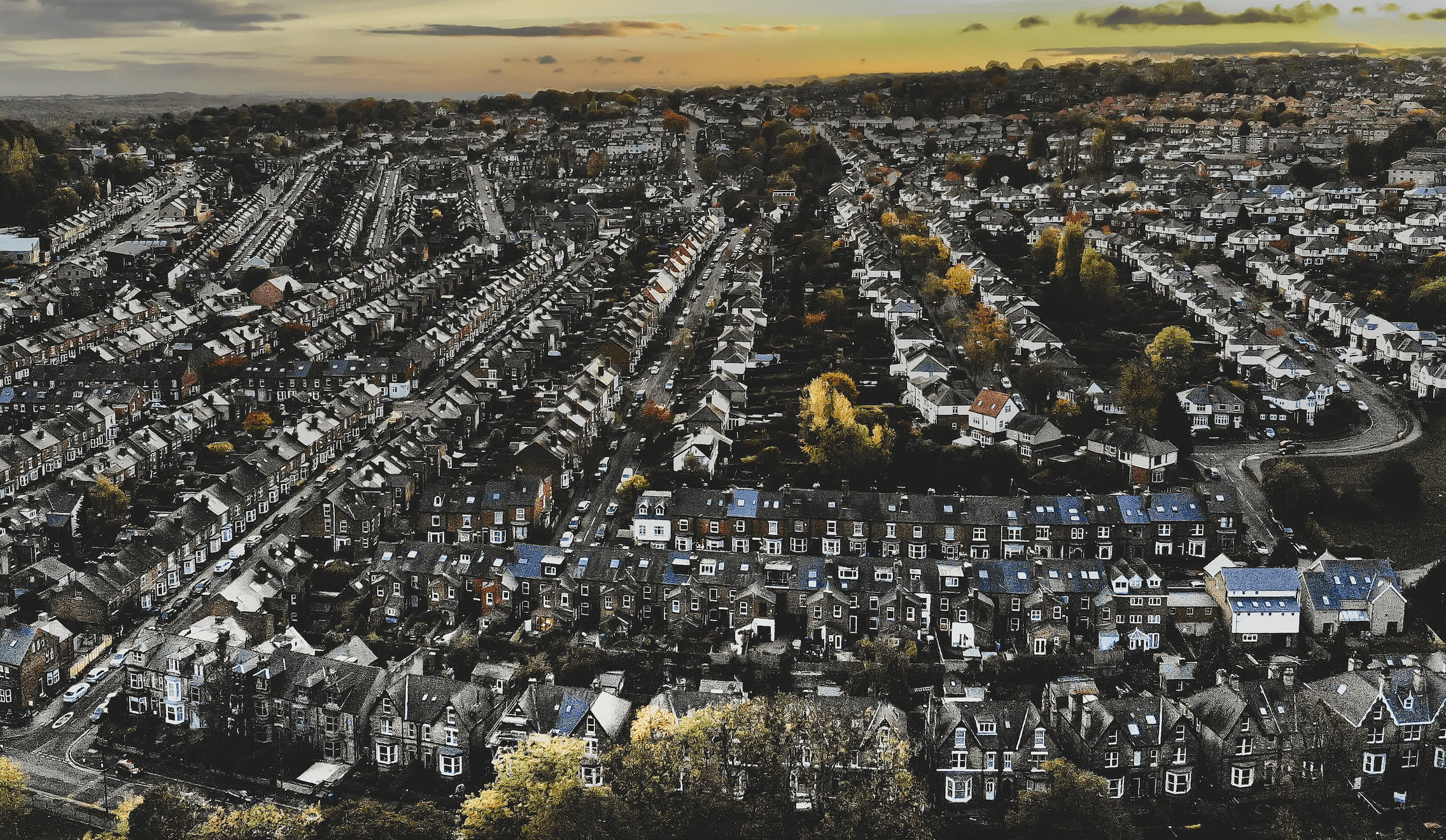Are short-term rental regulations impacting Airbnb listings?

Reading the signs from big data: Are short-term rental regulations already impacting Airbnb listings in Edinburgh and Glasgow?
‘Not always at home? With an empty nest after kids head to college? Own a guest house? Airbnb it!’
Airbnb, the biggest player in the online ‘home-sharing’ world, is running a 2023 ad campaign to encourage more people to rent out their homes or rooms for some extra cash. This comes at the same time that the Scottish Government has put in place new regulations for the sector. Some have welcomed the regulations, highlighting the social impacts of living alongside short-term rentals. Others, notably those from the hospitality industry, have expressed concern that they will reduce supply with negative consequences for tourism and the wider economy.
Regulation happened in stages. In January 2022, the Scottish Government used powers under the Civic Government (Scotland) Act 1982 to establish a licensing scheme for short-term rentals in Scotland. From 1st October 2022, new hosts are required to get a license before accepting any bookings. Existing hosts need to apply for a licence by 1st October 2023 and must have a valid licence for each property by 1st January 2025.
At the same time, the regulations also gave local authorities the power to declare ‘short-term let control areas’ to manage high concentrations of the sector. [2] In control areas, any use of a residential property for short-term lets requires planning permission. So far, the only authority to take up these powers is Edinburgh City Council[3] which made the whole authority area a control zone from the 5th September 2022. In Glasgow, the City Council chose not to designate a control area but it mandates that the use of flats with shared access, circulation, and amenity spaces for short-term rental constitutes a change of use which requires planning permission.
The October 2023 deadline for licence applications for existing short-term rentals has come and gone. Numerous hosts are now in waiting for the outcome of their application. Others may have decided to quit the market. The final impacts of the new regulations won't be clear for some time. Nevertheless, the evolving market landscape is of significant interest to local authorities, the hospitality sector, and the general public. In this blog, we therefore seek to shed some light on the impacts of the changes announced in June 2023. Specifically, we want to know if:
- Short-term-term let markets are shrinking in big Scottish cities; and
- If so, when this trend began and which areas are experiencing the greatest reductions?
How we answer the question
We monitor active Airbnb listings rented as entire homes by analysing daily booking data from Airbnb’s website from June 2021 to June 2023. [4] ‘Active’ means that listings have either been made available or are being occupied for specific dates on the platform. We focus on ‘entire homes’ being rented as Airbnb because they are one of the major points of concern in terms of regulation.
In July 2022, the date of key announcements regarding the introduction of the new planning restrictions in the two cities, Edinburgh had around 3600 active listings and Glasgow 1600. We show the percentage change for each month relative to levels at that point.
Following this, we locate the changes in active listings between the first six months of 2023 and 2022 in the quartiles reflecting income deprivation levels within both cities. The result sheds light on the changes that happened across different kinds of neighbourhoods.
What we found
Edinburgh’s short-term rental market shows a strong seasonal variation, with active listings peaking around the time of the Festival in July each year (Figure 1). Following the January 2022 commitment to introduce the licensing scheme, however, there appears to have been some decline; the summer peak that July was lower than the previous year and the following months are below the same point in the previous year.
In Glasgow, although there is evidence of a similar seasonal variation in the 2022 data, the picture in 2021 is complicated by the rapid growth in listings for the COP26 conference which occurred in October/November 2021. There has been a slow but steady decline since that time, making it harder to discern any impacts from the announcement of the new regulations.
Since July 2022, when the control area (Edinburgh) and planning policy (Glasgow) were announced, both cities have experienced a consistent downward trend in active listings. By June 2023, listings were well down on the same point in the previous year in both cities. This suggests that regulation may lead to a reduction in active entire home rentals on Airbnb.


Figure 1. Active listings % change related to July 2022.
Source: Researchers’ own calculations based on UBDC’s Airbnb web scrapings
To look at variations within each city, we compare the first six months of 2023 to 2022, and look at change across income deprivation quartiles (Figure 2). The biggest reductions in absolute terms occur in the wealthier neighbourhoods that historically host a greater number of listings (upper panels). In relate terms (bottom pane), the reductions are greater in more deprived locations so the market that remains, while smaller, is becoming more concentrated into the more affluent parts of the two cities. This suggests that the regulations have a more pronounced effect on markets in deprived neighbourhoods, where returns may be lower.



Figure 2. Top: Absolute number of active listings in the first six months of 2022 in income deprivation quartiles in Edinburgh. Middle: Absolute number of active listings in the first six months of 2022 in income deprivation quartiles in Glasgow. Bottom: Percentage changes in active listings in the first six months of 2023 to 2022 in income deprivation quartiles in Edinburgh and Glasgow.
Source: Researchers own calculation based on UBDC’s Airbnb web scrapings
Summary
The major changes from the legislation in 2022 have yet to come fully into force but already we are seeing signs of significant declines following the local regulation decisions announced in July 2022 in both Edinburgh and Glasgow. The rate of decline in active listings tends to be higher in the more deprived neighbourhoods.
The data we have now offers a snapshot of market activities influenced by the current regulations. Continuous collection of data over time promises to provide more comprehensive insights into the future implications of these regulations on the market.
* The author wishes to acknowledge the contribution of Professor Nick Bailey, Dr Mark Livingston, Dr David McArthur and Mr Nikos Ves and thank them for their analysis and data support.
[1] https://www.legislation.gov.uk/sdsi/2022/9780111052396/introduction
[2] https://www.gov.scot/publications/short-term-lets/
[3] Control areas in Badenoch and Strathspey were also being considered when this article was written.
[4] These data are generated through a daily web scraping exercise on the Airbnb platform covering the whole Scotland and eight cities in the UK.
Latest news

Private renting and the suburbanisation of poverty
One of the most marked changes in the UK’s housing system over the last 30 years has been the rise of the private rented sector (PRS). Many more low-income households now find homes in this sector.
%201.svg)

Unveiling the variability in public transport services across Great Britain
From morning to night: Unveiling the variability in public transport services across Great Britain
%201.svg)

Urban Big Data Centre celebrates its 10th anniversary
The Urban Big Data Centre (UBDC) celebrated its 10th anniversary on 29 January 2024. Funded by the Economic and Social Research Council and the University of Glasgow, UBDC is a dynamic research hub and national data service, championing the use of smart data to inform policymaking and enhance the quality of urban life.
%201.svg)
Jointly funded by
%20copy.png)
.png)



.svg)
.svg)




